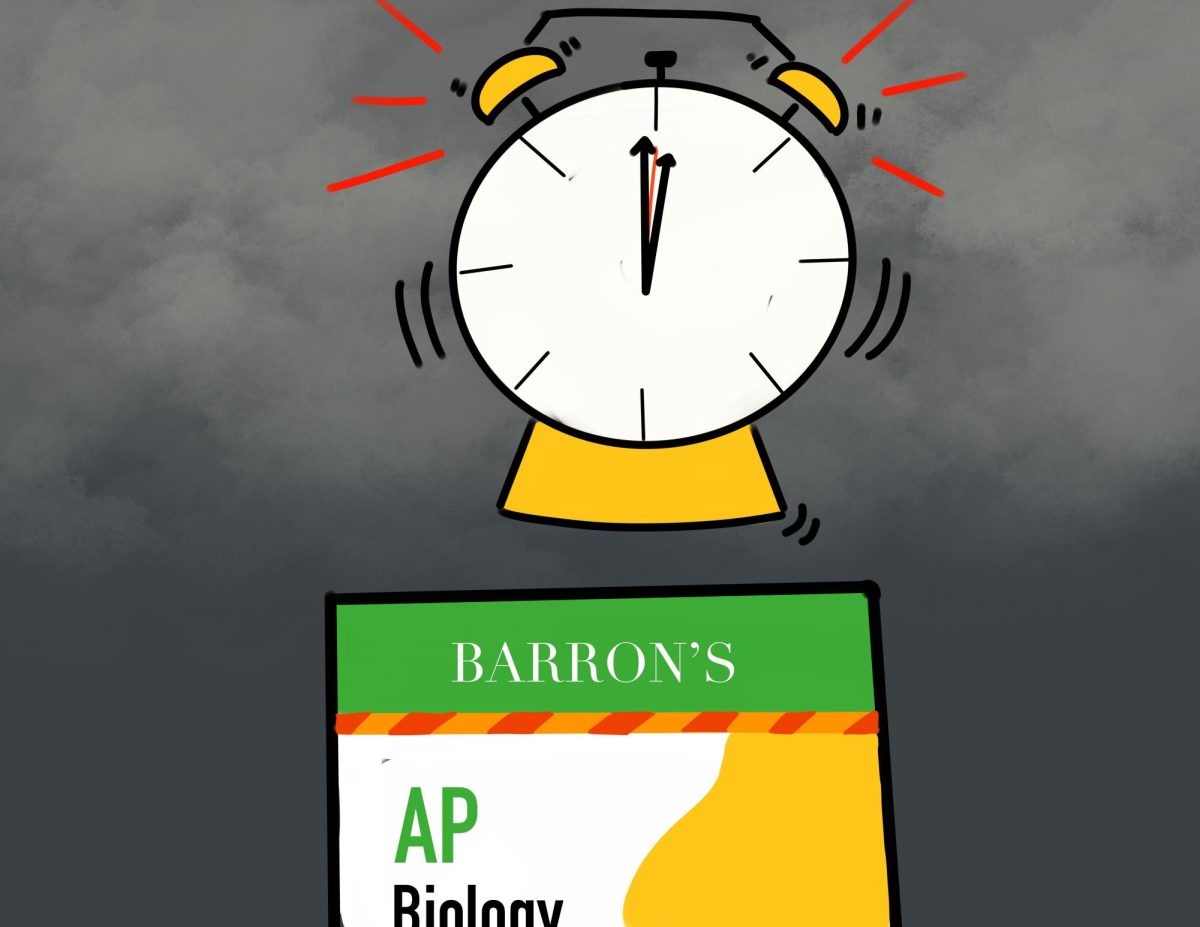I have always been a math and science girl.
I struggled with Language Arts. I couldn’t grip the pencil properly, or answer questions in the correct format. Part of this was because I was too lazy to write out the entire question like the teacher wanted because it seemed so pointless. Why couldn’t I just answer in incomplete sentences? It was less time consuming and easier to understand.
Furthermore, to my chagrin, I haven’t met a single teacher who demands their students write in cursive, after spending hours painstakingly learning to write those letters. Almost all of my elementary teachers told me that I would be required to write in cursive, but the only time I use it is for my signature, which is mostly scribbles anyways. Not to mention the frustrations that come with the English language.
However, it wasn’t for nothing. By forcing me to write out the question, I had to consider what was being asked. And learning all the nuances of the English language (or any other language) is simply necessary to communicate our ideas and beliefs, to be better communicators and peers.
STEM (Science, Technology, Engineering, and Mathematics) fields have been largely emphasized in the United States as of late. According to whitehouse.gov, President Barack Obama has placed a high priority on science and mathematics, implementing the “Educate to Innovate” campaign, which hopes “to lift American students to the top of the pack in science and math achievement over the next decade.” This includes giving billions in grant money to schools to be used to improve their STEM fields and encouraging students to pursue a STEM degree (as of May 2013, according to whitehouse.gov, only 16% of students are interested in pursuing a STEM degree).
But English, History, and the other humanities are just as important as any STEM field.
I know some students who might disagree. They know they are going into mathematics or science or related careers, and don’t see why it’s really necessary to study more literature or learn another language.
Practically, it is the way we communicate. In order to explain their discoveries, scientists publish papers in journals so that others can understand new advancements in their field. Engineers who work on large projects must have the ability to effectively collaborate with each other. As we move to a more global economy, it will be necessary to be familiar with other languages. Furthermore, activities such as reading and speaking another language can improve mental acuity and stave off Alzheimer’s and Dementia, according to The Telegraph.
But other than these simple benefits, the humanities, defined by Merriam Webster Dictionary as the branches of learning that investigate human constructs and concerns, can do exactly that: help us understand humanity.
When I reached high school, English and history courses became even more important, as English transitioned from understanding how to use a semicolon to critically reading important texts. History was no longer just memorizing dates, places, and people, but understanding why events took place and the driving forces behind them.
As someone who does want to go into a STEM field, I think an understanding of these topics will be invaluable in the long run. I want to invent the next great thing, whether it be something that provides clean, cheap water to all of Africa or the latest and greatest game console. With technology comes perils, and it will be up to me to consider the short and long term effects.
Consider one of the most famous physicists of the 20th century: Robert Oppenheimer, who was accredited with helping develop the atomic bomb. According to University of California Berkeley’s Center for Science, Technology, Medicine and Society (CSTMS), while Oppenheimer never regretted his involvement with the project, he did actively campaign for international control of atomic energy. Societies felt the threat of nuclear weapons as the United States and Russia entered the Cold War, while Japan rebuilt from the attacks on Hiroshima and Nagasaki. He was dealing with the results of his invention for most of his life.
Being a well rounded student will help me understand why I’m pursuing a particular topic. Why study more effective irrigation methods? While scientists often need at least some degree of separation, it is important to understand why there might be controversy surrounding a particular subject, like stem cell research or nuclear energy.
That isn’t to say we must stop innovating; with change usually comes some sort of protest, and it is always necessary to continue to discover and create. Charles Darwin hesitated to publish his On the Origins of Species because he was concerned with how the world would react, but can you imagine where the world would be if he hadn’t?
As a member of the next generation, I’ll have a new frontier to discover. However, if I am going to continue to build, to improve, to develop, I must understand the foundation upon which I’m building it.

